PROTECT YOUR DNA WITH QUANTUM TECHNOLOGY
Orgo-Life the new way to the future Advertising by AdpathwayBetween the tape and the tribunes, coaches, marshals, filmers and crews shape both the stopwatch and the storyline. They read lines, secure the track, capture the vibe and bring the livestream to your home – often unnoticed and usually taken for granted. Time to turn the camera around and show the people who make a World Cup happen.



While the world’s elite push their limits on track and chainsaws roar from the Les Gets crowds, a hive of unseen activity hums in the narrow strip between course and spectators. Downhill hasn’t been a solo sport for a long time – it’s a team effort: teams and riders use every opportunity off the trail to squeeze a few more hundredths out of a run – no surprise, given that victories are decided by split seconds. Preparation, warm-up and smart line choice on a track that morphes with every run are non-negotiable if you want a shot at the podium and sip on the champagne. At the same time, live broadcasts, social media channels and online platforms keep your feed buzzing with minute by minute updates from the race. At the same time, on-course safety and fairness must be safeguarded – the invisible foundations without which this spectacle wouldn’t exist. It’s a mountain of unseen work, and long overdue that we turn the spotlight backstage at the legendary Les Gets race.


The people in the background
Riders, coaches, team members, filmers, photographers, track marshals and UCI officials – they all share the same address: the B-zone. This narrow strip between track and spectator area is their home and office during a World Cup. This is where people observe, decide, carry, capture on video – and ultimately enable the very action you’re shouting for at the tape or from your couch


Coaches & Trainers
Steve Peat, Nico Vouilloz and Fabien Barel might not be out there in a race kit anymore, but with experience and a trained eye they bring invaluable know-how to the team. They help choose the best line, check where the competition is riding, and look closely at how the riders stand on the bike. Who’s pushing? And where? Who’s riding at the limit? Who looks really fast? It’s precisely this sense of speed and timing that they pass on. That happens in direct conversation trackside or as a quick message to the start hut. It’s not uncommon for team members to snap berms and root sections to show which lines are developing and which ones look fastest. At the same time, coaches provide direct, hands-on support on track: always with an open ear, a second opinion and a clear focus on what really matters. They pitch in, help push bikes back up and save the riders’ energy – so the matches are burned where they’re needed: in the run.

Marshals & Officials
Marshals and officials ensure safety on course, keep an eye on the action and close the track if necessary. The UCI is constantly on site and makes sure everything is above board – no cheating, no shortcuts, all fair and clean. And at the Les Gets World Cup, a healthy dose of security is part of the package to keep the wild crowd behind the barriers… or not.

Photographers and Filmers
Without them, we’d hardly know what’s actually going on. The fact that high-quality photos and videos from the track drop every day seems like a given – but it isn’t. It’s about the when, where and how: anticipating where the moment will happen, when the light is right and how to nail the shot. They capture not just the action, but the whole story of the weekend. Often that means bad light, few attempts. No one’s pushing back up for an extra clip or another photo. Not missing anything, being in the right place at the right time and catching the vibe – that’s what it’s all about. And the work doesn’t end when the race does: the content is processed and sent out straight away, often late into the night. In parallel, the live broadcast runs with big cameras and drones; platforms and camera cranes have to be set up and operated, while drones fly almost non-stop through tight forest sections.



The B-zone isn’t just a buffer, it’s a workspace. This is where lines are refined, safety is guaranteed and stories are told while the action rages on track. When everything works, it feels like the most natural thing in the world – when it doesn’t, you notice immediately. Downhill racing today is a team sport, and the coverage is a choreographed interplay – without it, none of us would get to experience the sport we love.

Did you enjoy this article? If so, we would be stoked if you decide to support us with a monthly contribution. By becoming a supporter of ENDURO, you will help secure a sustainable future for high-quality mountain bike journalism. Click here to learn more.
Words & Photos: Peter Walker
About the author
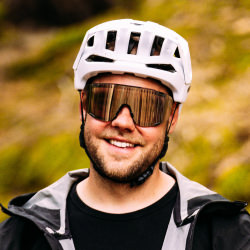
Peter Walker
As editor-in-chief, Peter is as much a man of action as he is of words. This expert, screw-driver-flexing two wheeled-whizz has many envy-inducing characteristics, including a background in motocross, several EWS race plates to his name, and more than 150 recorded days at Whistler Bike Park. However complex the bike and however steep the trail, he’s probably already nailed it, twice. Oh, and he can do it all on skinny tyres too. When it comes to guiding consumers, Peter cut his teeth at Vancouver’s oldest bike shop and now puts pen to paper on the daily translating this know-how into our editorial plan. When not tearing up Stuttgart’s local trails while testing bikes, he loves nothing more than loading up his self-renovated VW T5 and hitting the road. The fact that he’s a trained paramedic gives his colleagues reassurance out on the trails. So far we haven’t had to call him by his alias ‘Sani Peter’, so here’s hoping he keeps it right side up for the rest of his time here!


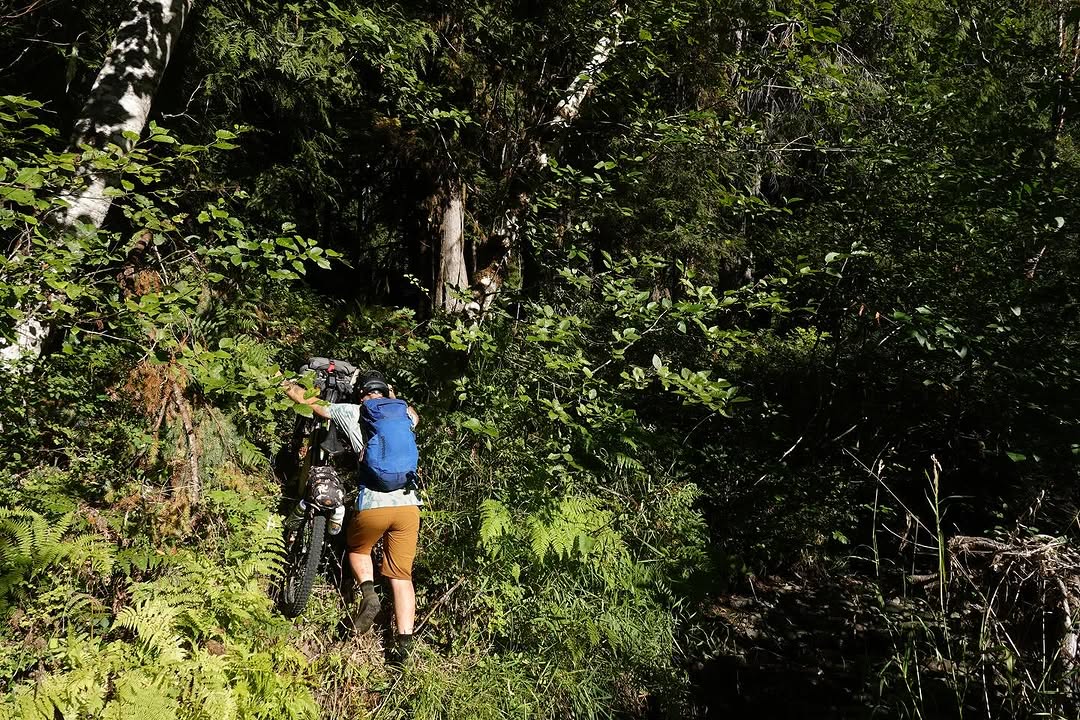



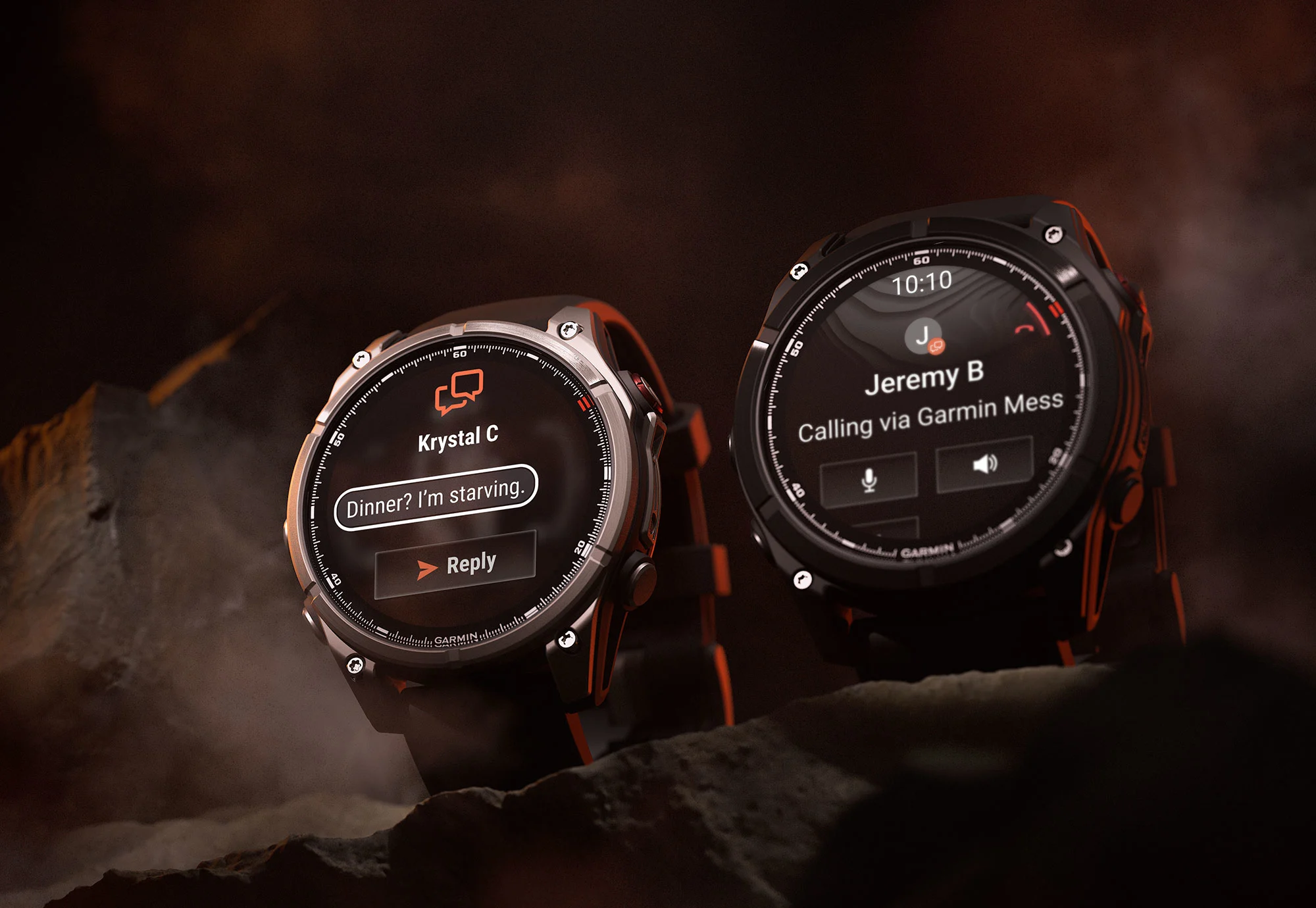
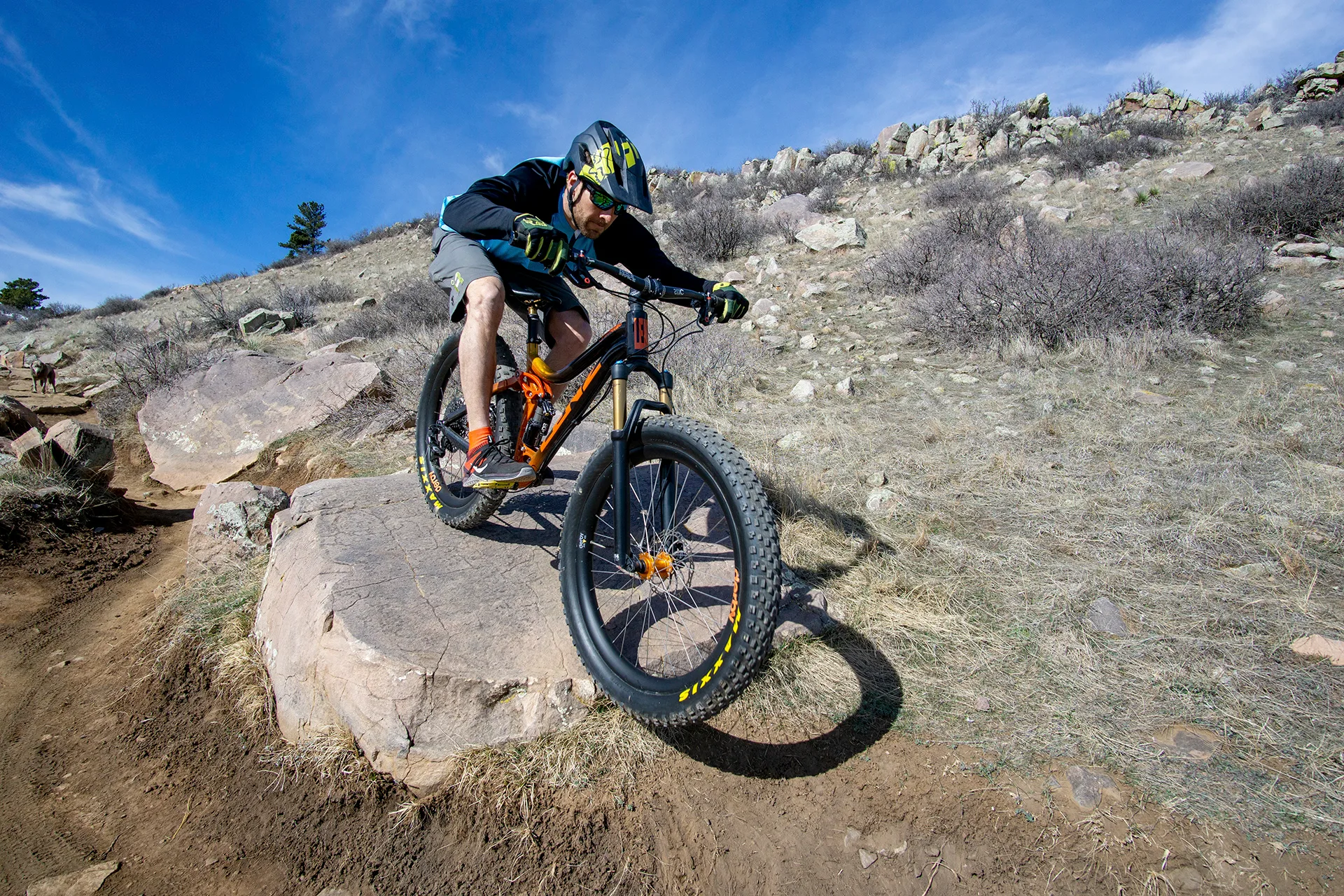


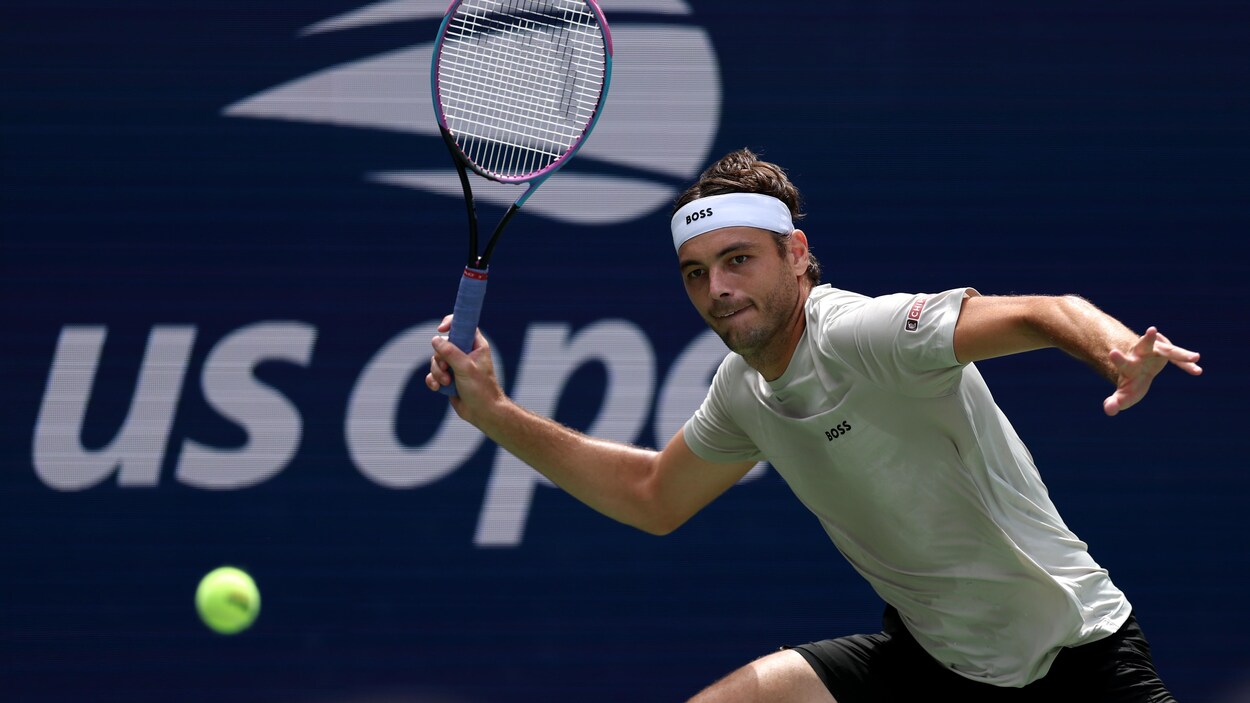


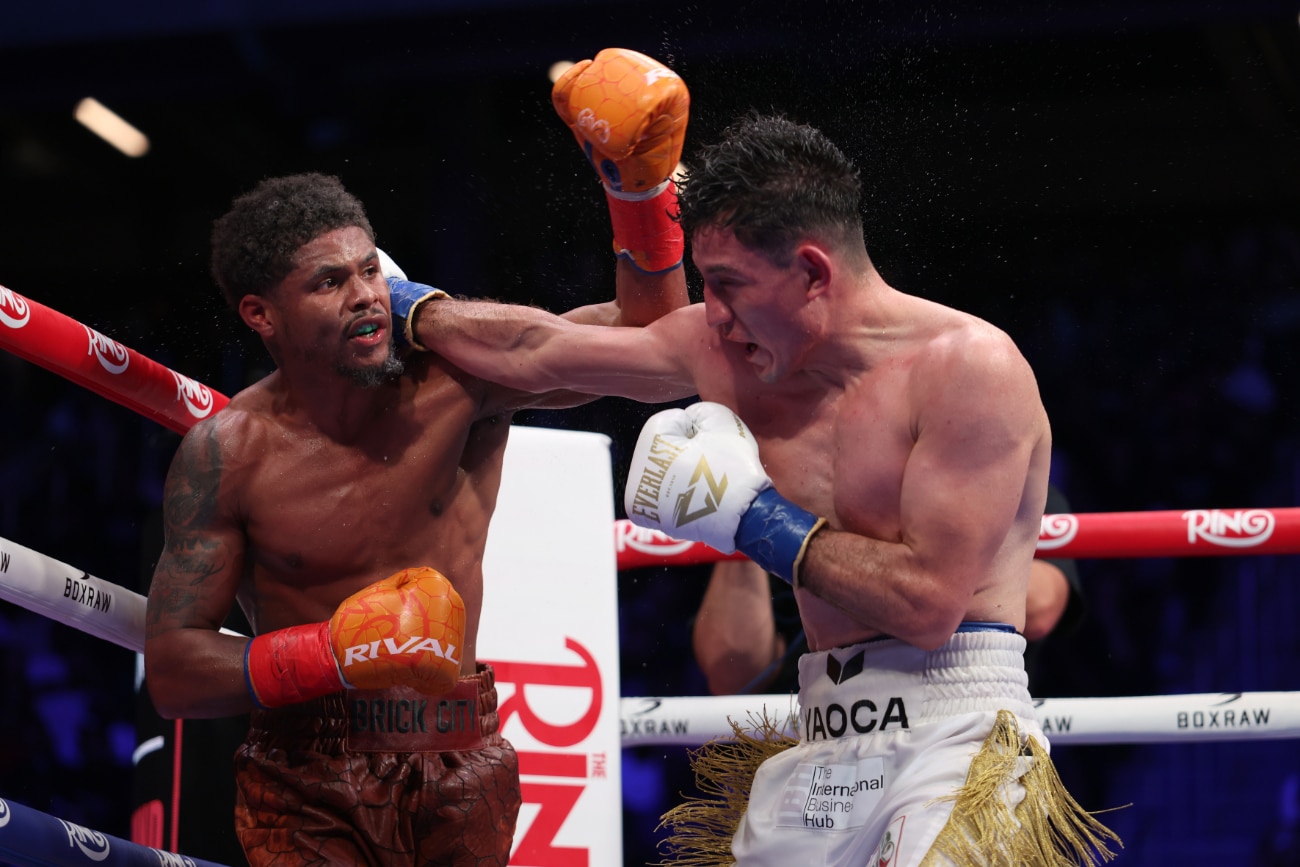
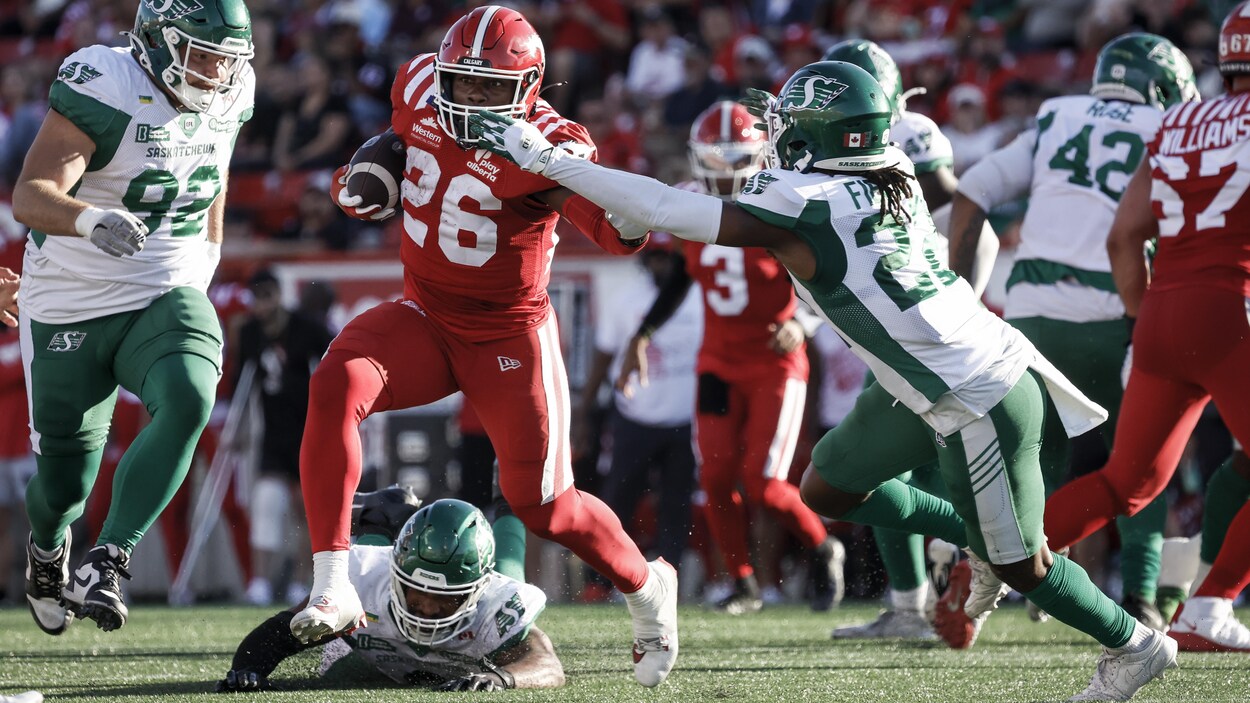
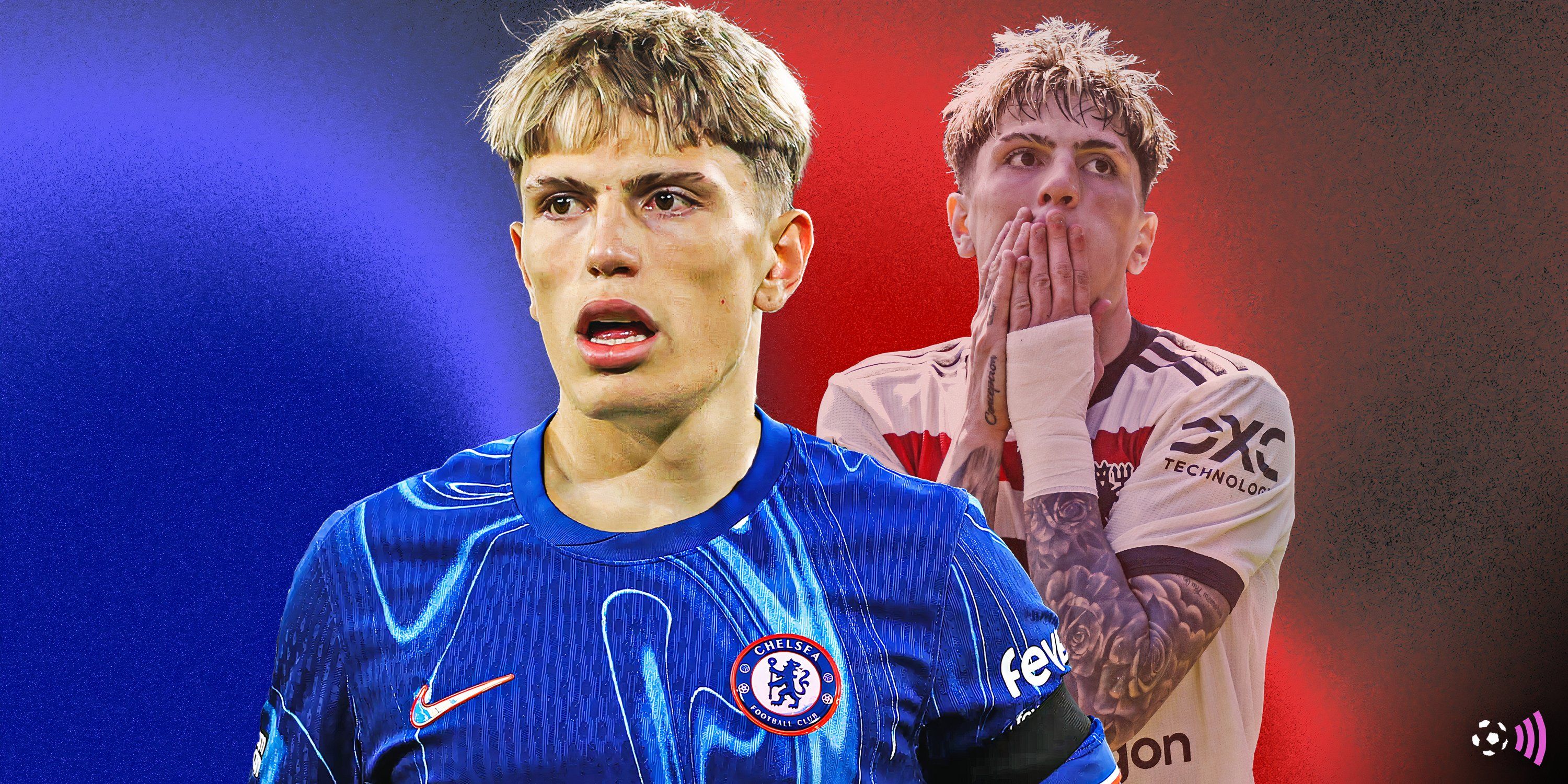
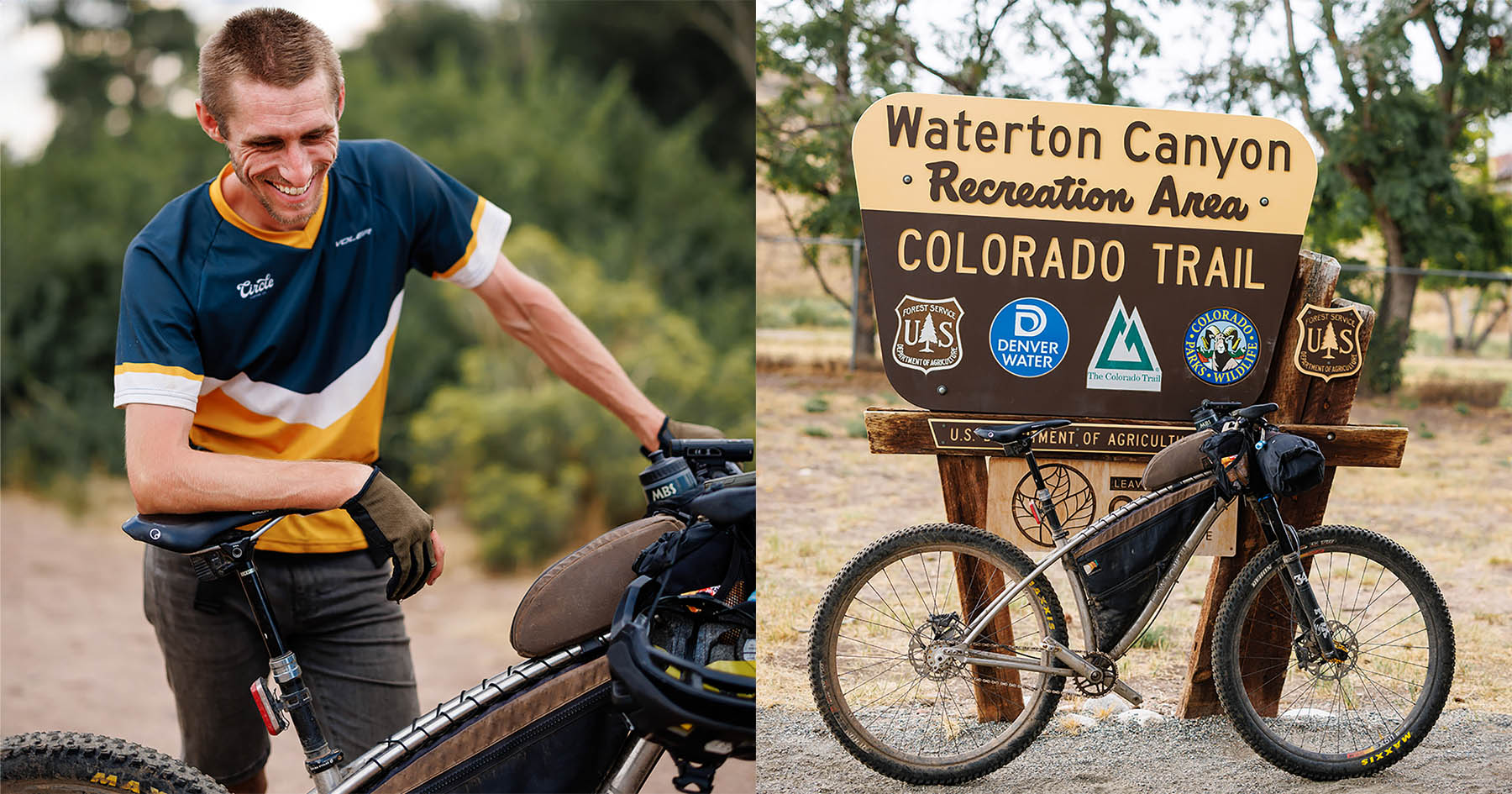
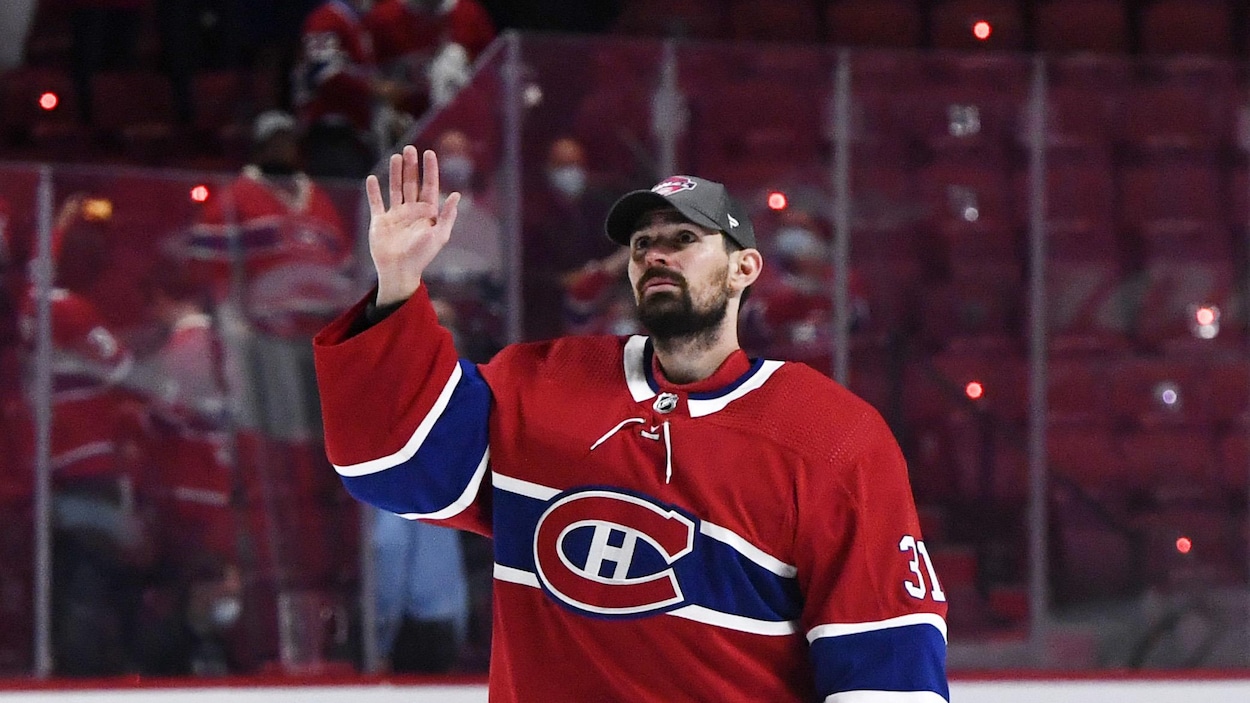

 English (US) ·
English (US) ·  French (CA) ·
French (CA) ·